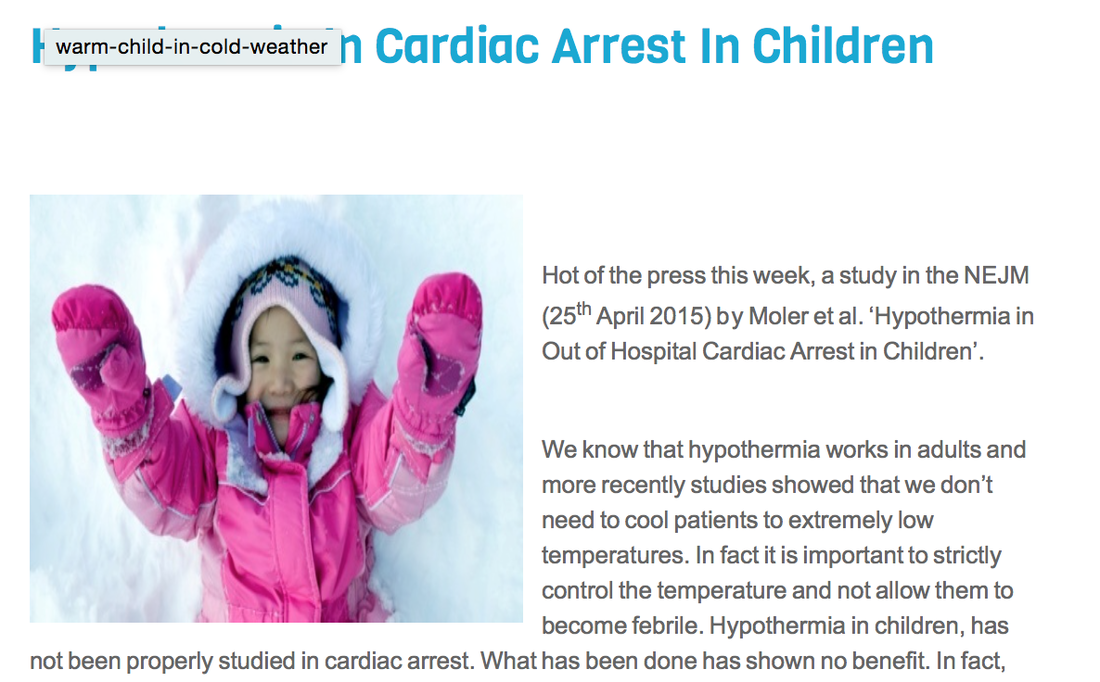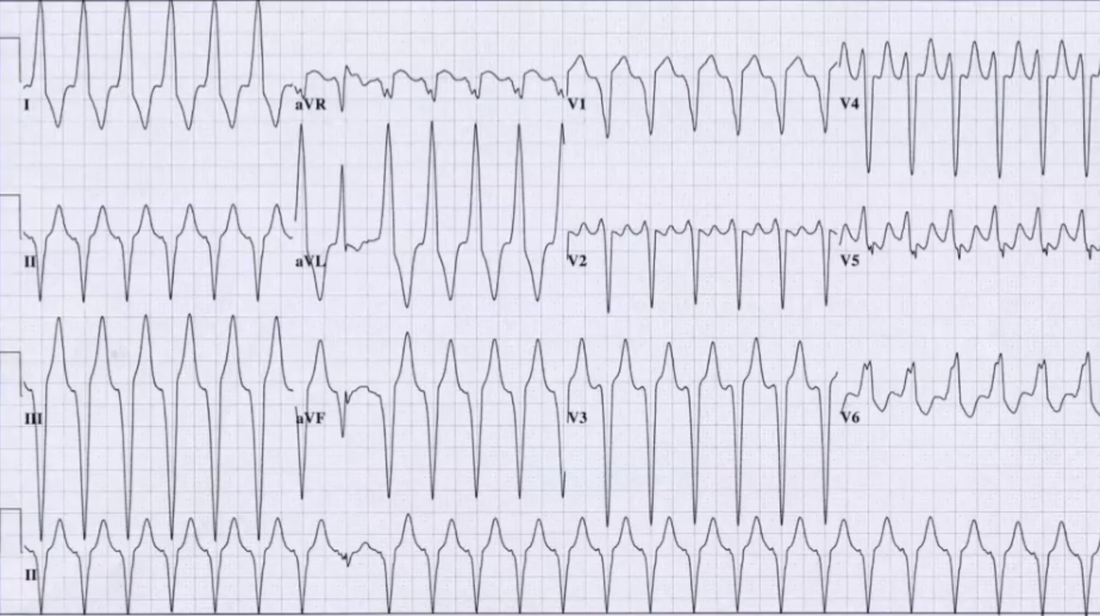MODULE 7: Temperature disturbances and hypotensive resuscitation
This week covers some important topics that candidates need to be aware of. Again, you need to be prepared to be asked a question outright on these, or alternatively to apply them in the context of a broader question.
watch.
We have three videos from EMCORE 2015 covering these topics.
Firstly, Dr Luke Lawton from the fellowshipexam.com faculty discusses the evidence for hypotensive resuscitation.
Firstly, Dr Luke Lawton from the fellowshipexam.com faculty discusses the evidence for hypotensive resuscitation.
|
|
|
READ.
The NEJM article on targeted temperature management that caused a huge stir in the critical care community is below. Previously examination candidates have been asked to describe the evidence for hypothermia post cardiac arrest, so it's worth having a read of the article. Unfortunately for copyright reasons we can't display the article, so follow the link to the publicly available full text. Below this is some commentary on the evidence from the resus.com.au blog.
solve.
We thought we would stick with ECGs this week, as they are such a big topic on the exam.
A 48 yo male presents to the emergency department with palpitations. He has a past history of hypertension, for which he is on medications. His Heart rate is as below, BP 137/52, Sats 98% on room air and RR is 18. He is afebrile.
You are handed an ECG - below.
(a) Describe the ECG and give a probable diagnosis.
(b) List 4 differentials for this ECG.
(c) List 4 features that you may use to diagnose Ventricular Tachycardia.
(d) How would you treat this patient?
A 48 yo male presents to the emergency department with palpitations. He has a past history of hypertension, for which he is on medications. His Heart rate is as below, BP 137/52, Sats 98% on room air and RR is 18. He is afebrile.
You are handed an ECG - below.
(a) Describe the ECG and give a probable diagnosis.
(b) List 4 differentials for this ECG.
(c) List 4 features that you may use to diagnose Ventricular Tachycardia.
(d) How would you treat this patient?
write.
Write a total of 10 high quality MCQ's on hypothermia/hyperthermia.
Write 1 SAQ question(with answers) on hypothermia or hyperthermia.
Make them as challenging for your colleagues as possible and submit as usual via the VSG.
Write 1 SAQ question(with answers) on hypothermia or hyperthermia.
Make them as challenging for your colleagues as possible and submit as usual via the VSG.


